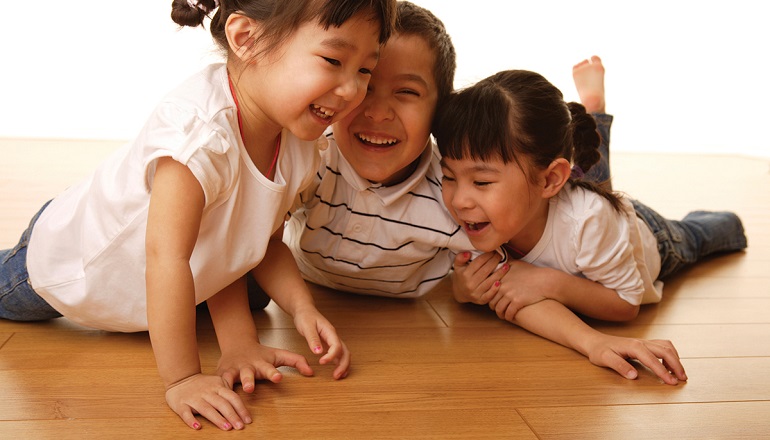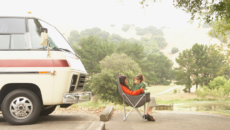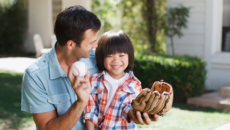As they progress through grade school, most children want to “blend in” and be part of the crowd. But what if a child feels that the way she joined her family–through adoption–sets her apart?
Talking with other children who were adopted can help. Although casual friendships with other adoptees can boost your child’s self-esteem, she may reap more immediate benefits from a workshop led by an adoption therapist. What might kids experience during or take away from a workshop?
Being a face in the crowd. Older adopted kids often say that they feel different form other children. At a workshop, all the participants have adoption in common. The counselors and facilitators are often adoptees as well.
An opportunity to talk about birth parents. Whether they want to talk about their birth parents or not, most adopted kids have strong feelings about them–feelings they may hesitate to share with parents. A primary goal of adoption workshops is to help children come to terms with these feelings.
In a session she ran, clinical psychologist Rebecca Nelson, Ph.D., who was adopted from Korea, had each child bring a personal item from around the time of his or her adoption to share with the group. Most of the children in the group were adopted as infants, so they brought blankets or bottles. One child brought a flag from his birth country. “Over the course of the session, as the children got more comfortable, they wrapped themselves in their blankets or snuggled with their chosen items as they shared feelings about being adopted. It was powerful,” she says.
Finding creative ways to tell their stories. To get kids to open up, workshops often use children’s-therapy techniques, involving art, music or another multisensory activity. In one workshop, each participant took turns arranging the other kids into groups hat depicted family relationships. Some children included birth parents–even if they had never met them–in their living portraits.
Learn how to answer–or not answer–nosy questions. A number of programs teach the W.I.S.E. Up! approach, created by the Center for Adoption Support and Education. The acronym WISE teaches children to Walk away, say, “It’s private,” Share something, or Educate someone. Through role-playing and other activities, children determine which of these response fits best in a given situation.
How to talk about race. According to Jane Brown, a social worker who runs “Adoption Playshots” throughout the U.S., the majority of transracially adopted children experience some kind of race-based encounter by age eight. Yet only about 40 percent of their parents are aware of these incidents. Support groups give kids a safe place to discuss these experiences, and inform parents about what their children are facing. The groups also help kids and parents deal with questions, such as: “Why do you have slanted eyes?” and “Does she speak Spanish?”
Understanding that their parents are there for them. Agencies that run adoption workshops usually provide concurrent sessions for parents. They learn about the tasks their children are performing in the workshop and discuss their own concerns.
Ronny Diamond, a social worker at Spence-Chapin’s Post-Adoption Resource Center in New York City, describes a revealing moment from a workshop she ran: “One child said, ‘I don’t like to talk about my birth mother because I get sad. And when I get sad, my mom gets sad.’ Many parents don’t realize how much their children think about adoption, or how attuned they are to their parents’ feelings.”


